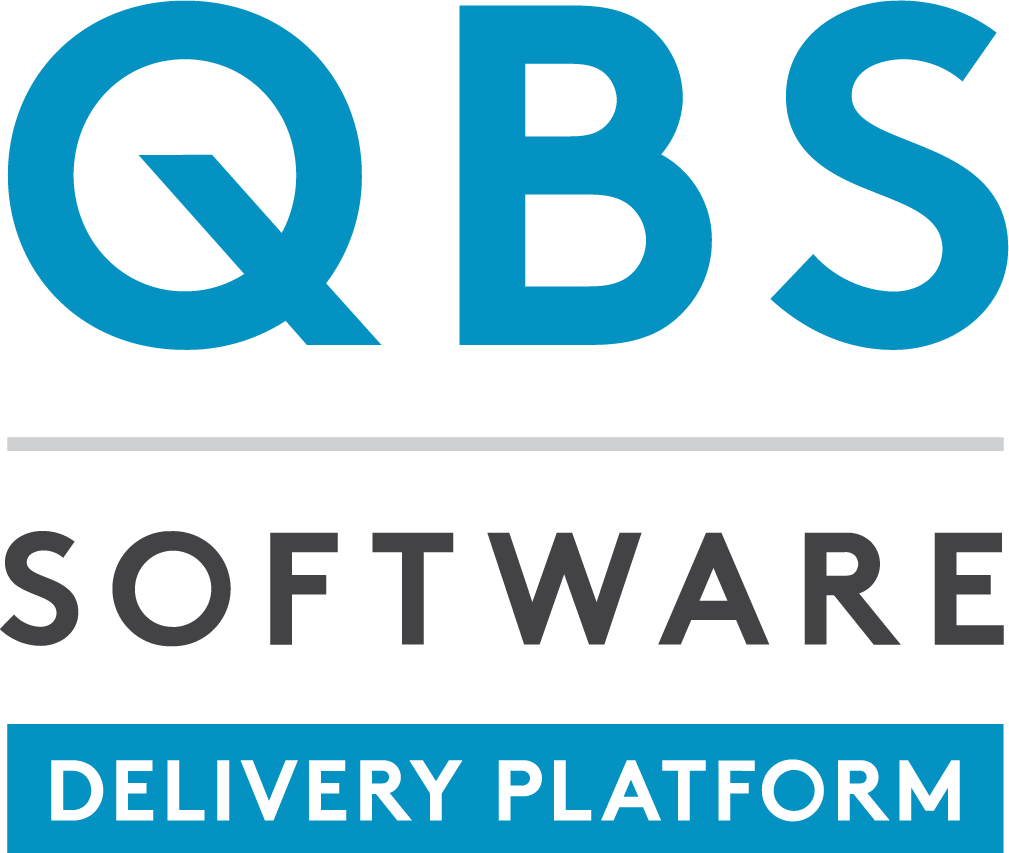
While most organisations have policies on complying with regulations on personally identifiable information (PII), many employees may need extra help to achieve best practice.
That's according to Kaspersky's Nikolay Pankov, who says that solutions like Kaspersky Endpoint Security Cloud can help ensure people are working responsibly with PII and sensitive or confidential data.
"Consider one common scenario: employees who deal with PII daily storing scans containing personal data in a corporate shared environment. From their point of view, they’re simply uploading data to the company’s OneDrive or SharePoint directories," Pankov says.
Although they're simply doing their jobs, and the actions in themselves don't constitute a leak, these employees may make the data accessible to colleagues who aren't trained to work with such information or should otherwise not have access.
In another example, team members who think they don't have access to any critical or confidential information may leave their work device unsupervised from time to time.
"If the organisation experiences an unrelated data leak incident, a surprise audit of its data processing and storage practices — and potentially hefty fines for allowing broad employee access to customers’ or employees’ personal data — may follow," explains Pankov.
Solving the challenge of PII in shared access
Pankov says the simplest way to keep personal data out of shared storage facilities is to monitor whether employees use business collaboration tools to transmit such data -- understanding what employees are sharing, where they store information, and whether they share links.
Unfortunately, not all organisations have the resources to invest in a separate data loss prevention (DLP) solution.
But there is an endpoint-focused alternative for any organisation that users Microsoft 365 services for collaboration -- using the Data Discovery feature in the latest Kaspersky Endpoint Security Cloud offering.
"Data Discovery detects files containing PII or bank card data, clearly shows its location, and provides additional context — independent of whether the information is stored in a structured or unstructured format," explains Pankov.
Begin by teaching employees not to use third-party cloud services for confidential or sensitive data. Monitor all cloud services use and block any as needed by using the Cloud Discovery feature in Kaspersky Endpoint Security Cloud.
"The Cloud Discovery and Data
Discovery features supplement our solution's standard protection
mechanisms. Thus, it not only protects companies from external
cyberthreats but also makes compliance with personal data protection
laws and regulations easier," says Pankov.
( Photo by engin
akyurt on Unsplash
)
